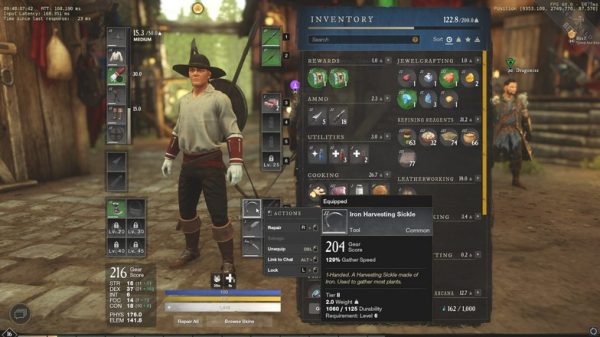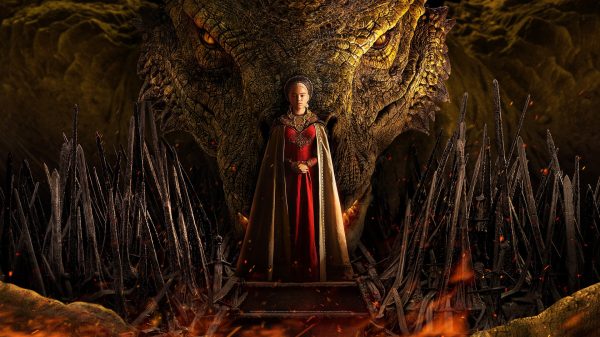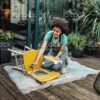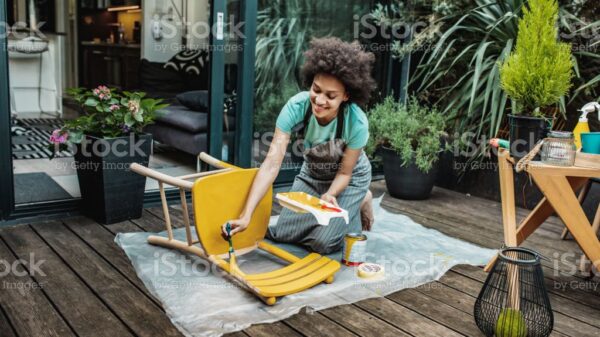One of the striking features of education in Montessori schools is the fact that they practice interactive learning and explore the world through their senses. At this educational institution, doing something with toys is not simply a game but the bedrock of the whole education process. In this article, we’ll cover how play fosters interactive learning at Montessori schools, outlining not only its role in boosting creative and curious minds but also its contribution to students’ critical thinking skills.
Understanding Montessori Education
Montessori schools are based on the model of education, designed by Dr. Maria Montessori, where children have more freedom in choosing their own topics and learning materials, individual adjustability is important, and is specially prepared to provide an environment rich in exploration and discovery. Unlike old-fashioned high schools, where rote memorisation and mastering of absolute knowledge dominate the examination and learning system, Montessori schools stress the entire development of students, including learning of intellectual, emotional and social skills by means of practical learning.
Promotes Creativity and Imagination:
Through play, students become tactfully involved in fantasy events such as make-believe, storytelling, and role-playing, which in turn improve creativity and innovativeness. Through playing out different characters and situations students improve their imagination and gain the skills of far thinking. Using art, music and drama for creative purposes, the students can release their imaginations and find a creative way to show their uniqueness while they cultivate talents and interests. This leads to the creation of a rich creative environment where the expression of arts and emotions is the norm and you nurture yourself for the rest of your life.
Encourages Active Exploration:
A play-based learning approach stimulates children to engage in an environment and probe it further, to manipulate devices and to participate in socialising. Sometimes children create shapes with blocks and do science experiments noticing phenomena. Through their tactile interaction with the materials, they deepen their understanding of concepts and phenomena they try to learn. Students start to cultivate an inquiring mind and a desire for knowledge as they take part in a quest for knowledge that is fueled by firsthand exploration and discovery.
Fosters Collaboration and Communication:
Play gives students many chances to work on teamwork and to coordinate their actions together, to solve conflicts and to convey messages. By means of games, group tasks, and team activities, students learn how to work with peers in small groups and they develop teamwork, leadership, and conflict resolution skills, which can help them with different life issues in the future. Through purposeful exchanges with their peers, students are able to accept different approaches, listen intently and articular thoughts and ideas without hesitation, which are substantial steps towards developing good communication with everybody.
Develops Problem-Solving
Play-based learning invites the student to tackle challenges or solve puzzles alone or with peers. Students may experience various aspects of reasoning through their navigation, problem-solving and conducting experiments. Hence, they master their critical thinking and flexibility together with persistence in challenging situations. The trial and error approach, accompanied by experimentation and reflection, helps students solve problems and handle hardship even outside the classroom.
Enhances Emotional Regulation:
Play becomes the natural outlet for students to expose their feelings, acquire emotional control techniques, and relieve stress or anxiety. During the designated time, children engage in dramatic play, storytelling and art activities to understand and manage their emotions, build empathy, improve resilience and have learning mechanisms for times of frustration.
Final Thoughts
In practice, the Montessori educational system does not view those playing as a waste of time or diversion from learning but as an important part of the educational process. Through use of play as a vehicle of learning, Montessori schools grow a lasting enthusiasm for learning, cultivate inquisitiveness and creativity in children, and empower students to become thorough learners.




































